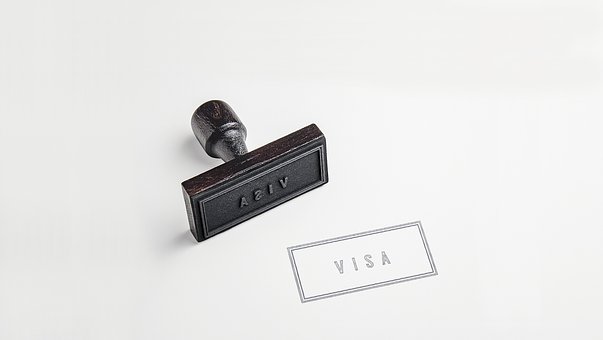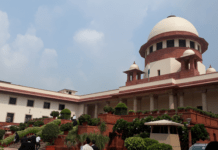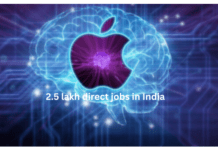The number of H-1B visas approved will begin to decrease if the policy change favouring advanced degree holders for visas in the US comes into play. The United States Citizenship and Immigration Services (USCIS) proposes to reverse the process of selection for H-1B visas, which will directly impact the profitability of IT companies because preference will be given to those possessing advanced degrees.
As a result, there is a likelihood of decrease in approval of regular H-1B visa applications, where the applicants do not have advanced degrees or higher degrees from American universities.
The amended process will see USCIS selecting 65,000 visas from the entire pool of regular applicants as well as those possessing advanced degree holders. From this lot, 20,000 highly skilled applicants will be first selected and only then will the remaining stand a chance. This doesn’t augur well for the IT services companies in India, as these are dependent on H-1B visas. It is reported that only 27 per cent of those approved for H1-B dependent employers had higher degrees.
In future it is expected that with a jump in onshore hiring, salary inflation and decreased revenue growth, the margins will be affected. The overall operating margins will also drop in the next three years. This amendment has been proposed at a time when President Donald Trump had tweeted that procedures will be made easier for H-1B visa holders. But this may not offer any relief in terms of costs to the IT companies.
The tweet had raised the hopes of the Indian IT sector, which is finding it difficult to maintain its operating margins due to rising costs owing to volatile currency and higher onsite hiring. Tata Consultancy Services (TCS) reported a drop in operating margin from 26.5 per cent to 25.6 per cent in the second quarter. The second largest IT company, Infosys, reported and operating margin of 22.6 per cent, which dropped from 31.8 per cent a decade ago.
Value our content... contribute towards our growth. Even a small contribution a month would be of great help for us.
Since eight years, we have been serving the industry through daily news and stories. Our content is free for all and we plan to keep it that way.
Support HRKatha. Pay Here (All it takes is a minute)




































